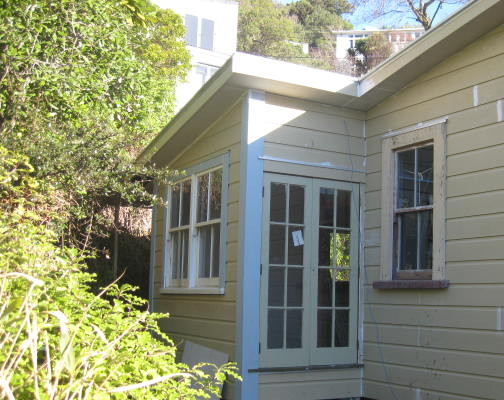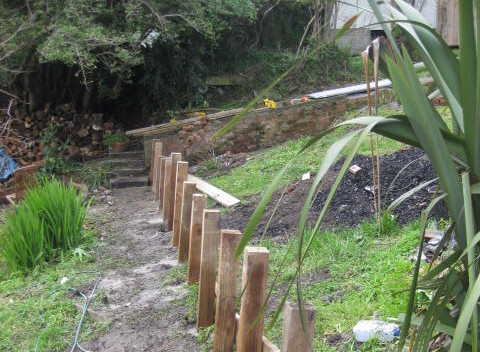
Changes to LVR Restrictions
Written by Claire on . Posted in Mortgages
There has been an update to the LVR restrictions that the Reserve Bank have applied. The main focus of the LVR restrictions is now rental property investors in the Auckland region.
What is the Updated Changes to LVR Restrictions?
From the 1st of November 2015 if you are borrowing money to buy an investment property in Auckland you will generally need a 30% deposit.
If you are borrowing to buy an Auckland home to live in (i.e. taking out an owner occupier loan) there are still LVR restrictions in place with banks only allowed to make up to 10% of their new mortgage lending to borrowers with LVRs over 80% in Auckland.
At the same time these Auckland investment property LVR restrictions come in there will be an easing of the LVR restrictions to the rest of the country. From the 1st of November 2015 banks will be able to increase their proportion of lending to 80%+ LVR borrowers buying owner occupier or rental investment property outside of Auckland from 10% to 15%.
The Reserve Bank is also introducing an exemption for high LVR lending to finance leaky building remediation and similar cases.
Why This New Change to LVR?
The Reserve Bank received feedback from many groups via written submissions, and also via meetings and workshops with affected banks. They modified their proposals taking into account the feedback. They have also been monitoring the effect of the LVR restrictions both in Auckland and around the rest of NZ and comparing this to what they intended by making the change. Now a fine tuning of the restrictions is happening.

|
What is the Aim of the LVR Restriction Update?
Rapidly rising house prices are an Auckland phenomena – these changes aim to dampen the investor spend in Auckland – decreasing the risk of a housing market bubble and subsequent correction - and encouraging investment outside of Auckland.
With rapidly rising house prices in Auckland and intense completion to buy in Auckland with pressure on new and existing supply there is already a trend emerging of Auckland buyers investing in property outside of Auckland. This policy change could see this trend increase – this would be a welcome improvement in the balance of investment across New Zealand instead of just in Auckland.
If you want to find out more about the background behind the LVR restrictions check out our initial article on LVR restrictions in New Zealand.
The Propertytoolbox Home Buyers Guide
For more information about home buying in New Zealand - head to the Propertytoolbox Home Buyers Guide. The mortgages and money section is a great help if you are looking to borrow for a home loan. Or get in touch with a home loan expert, a mortgage broker, this service is free - sort your home loan.









